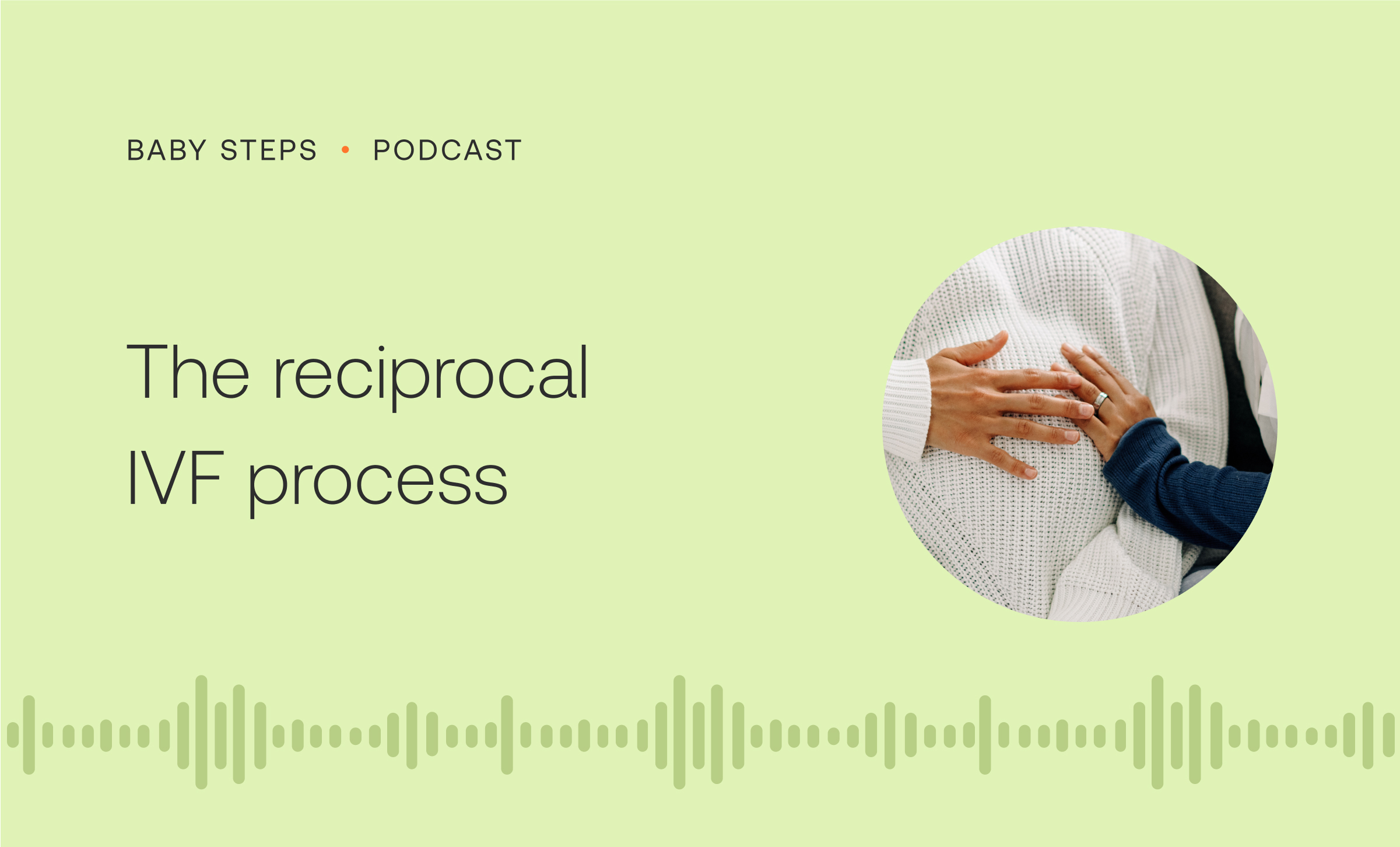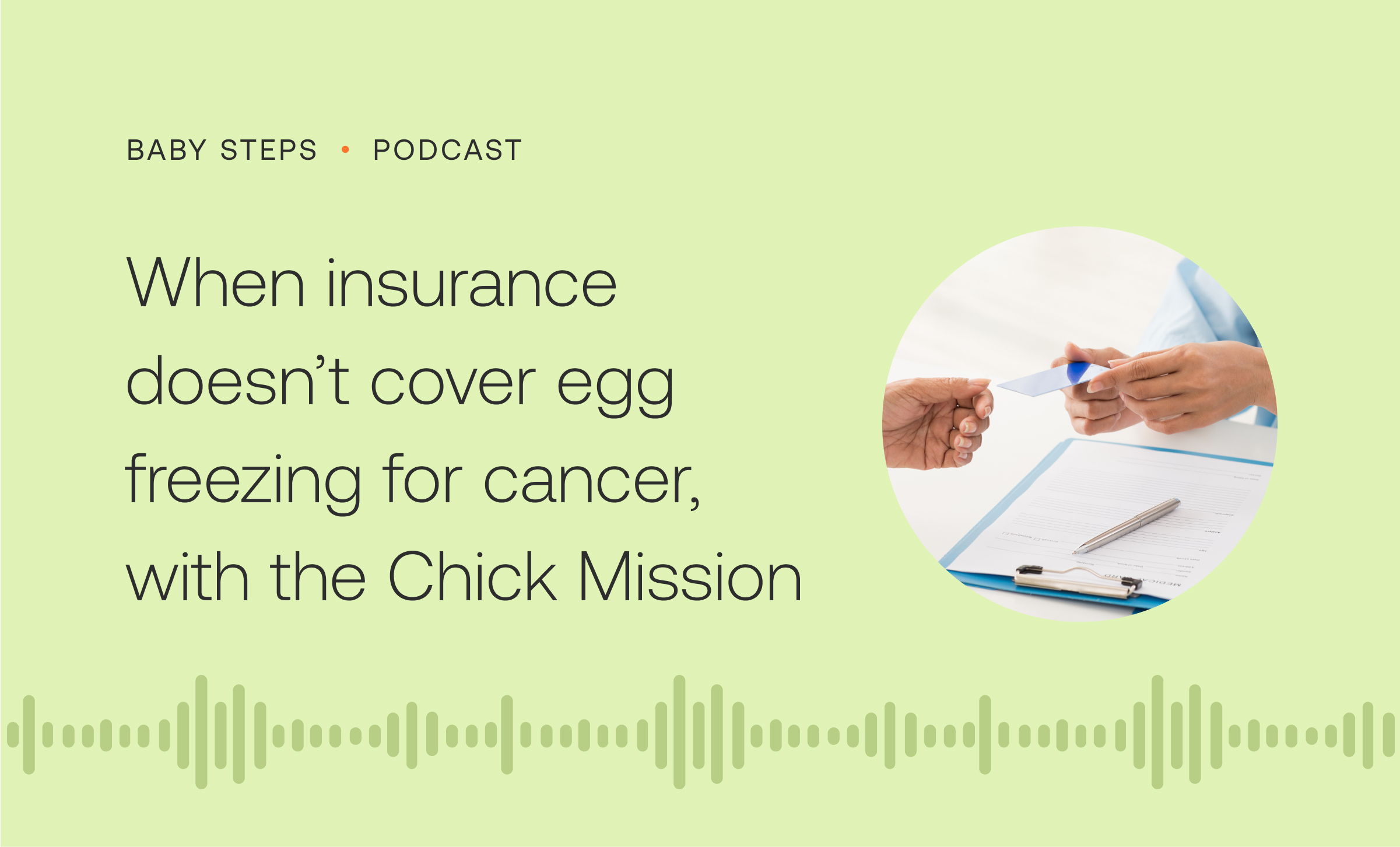In the U.S., the Asian American and Pacific Islander (AAPI) community make up around 6% of the population — more than 16 million people. Despite this, little research has been done on infertility in this community. Only 10 studies over 15 years looked at this population specifically, a literature review found. Existing research suggests that AAPI patients undergoing fertility treatments seek care when they’re older and have less success compared with white patients. Though more research is needed, genetic and environmental predispositions, as well as cultural factors, likely play a role.
Meera Shah, MD, FACOG, is a reproductive endocrinologist and fertility specialist at Carrot partner NOVA IVF in Mountain View, CA, and an expert in AAPI fertility health. She’s dedicated her career to highlighting the AAPI experience in fertility care and providing culturally competent care to her patients in the AAPI community.
We talked to Dr. Shah about her experience in medicine, current research on fertility outcomes for AAPI patients, what additional research is needed, and how she supports the AAPI community at her clinic.
Tell me a little about yourself and your background.
I am a proud first-generation Indian American, raised by immigrant parents who instilled important values of work ethic and perseverance, helping me become the first physician in my family. I attended UC-Berkeley, where I graduated with a double major in Neurobiology and South Asian studies. I spent a post-baccalaureate year at the National Institutes of Health conducting basic science research, during which time I was accepted into Stanford Medical School. As a medical student, I gravitated toward women’s health and pursued residency training in Obstetrics and Gynecology at UC-San Francisco. I completed an additional fellowship at Stanford in Reproductive Endocrinology and Infertility to dedicate my career to helping build families. On my own path to motherhood, I struggled with recurrent pregnancy losses and other challenges, all of which shaped me into a more empathetic healer who can deeply connect with my patients on their journeys to parenthood.
In the U.S., people of color face many disparities in comparison to white people in terms of fertility. Can you tell me more about the challenges the AAPI community in the U.S. face specifically?
Infertility affects couples of all ethnic and socioeconomic backgrounds, but disparities do exist in access to care, causes of infertility, as well as treatment outcomes. The stigma of infertility in the AAPI community is a significant reason many individuals delay treatment, often leading to lower success rates. The underlying causes of infertility are also different among ethnic groups. In some studies, women of South Asian heritage were found to have higher rates of polycystic ovarian syndrome and endometriosis. The prevalence of sexual dysfunction may also be higher in the AAPI community, manifesting as erectile dysfunction in men and vaginismus in women. This often overlaps with depression and anxiety, which often go untreated.
Are there differences in fertility outcomes and experiences between people of East Asian and South Asian descent in the U.S.?
Several studies have demonstrated lower success rates with both intrauterine (IUI) and in vitro fertilization (IVF) treatments in both South and East Asian American couples. One study showed South Asian American women had lower clinical pregnancy and live birth rates as compared to Caucasian women (24% vs. 41%) in fresh IVF cycles when controlling for age and embryo quality. This may be due to a variety of factors, including lower ovarian reserve markers, poor egg quality, and lower response to ovarian stimulation hormones. Interestingly, one study found that peak estrogen levels in East Asian women were much higher per follicle compared to Caucasian women, potentially due to genetic variances in the receptor for FSH (follicle-stimulating hormone).
As a fellow at Stanford, I conducted a study comparing fresh and frozen embryo transfer cycle outcomes between South Asian and Caucasian couples in the United States. One of the potential confounders in fresh embryo transfer cycles is that the uterine environment, specifically the endometrial receptivity (the process of an embryo attaching to the lining of the uterus), can be altered if levels of estrogen are higher. We retrospectively looked at a cohort of South Asian and Caucasian women transferring a single blastocyst in frozen cycles. Live birth rates were similar in both groups, which suggests the lower success rates seen in fresh cycles may have been due to changes in the endometrial receptivity which differentially affected South Asian women. I use this knowledge in my practice when counseling South Asian women to consider a frozen embryo transfer to improve their pregnancy outcomes.
What stigmas or cultural factors may impact fertility for AAPI communities?
In many Asian cultures, having children is an important part of meeting societal expectations
and attaining social status. Parenthood may be central to someone’s identity, and childlessness can be associated with feelings of worthlessness and shame. The stigma of infertility is thought to be greater in these cultures and can have significant social consequences for the couple. Studies have also shown that AAPI couples associate a high degree of stigma with fertility treatments and often keep their experiences very private, which can lead to social isolation and higher rates of depression and anxiety.
A lot about fertility in relation to AAPI communities is understudied and underrepresented. What do you think should be looked more into?
There are many inherent challenges in health disparities research. First, most studies look specifically at the race/ethnicity of the female partner, not accounting for the male partner’s heritage. Next, race/ethnicity is often self-reported, and there are no clear definitions for specific groups. There is also a lack of research, especially in the AAPI community, and more funding needs to go toward understanding the socio-cultural and biological factors that lead to differential outcomes in this patient population. We need a better understanding of the causes of these lower outcomes so that we can begin to focus on targeted interventions to “equalize the playing field.”
Do you have any anecdotal stories about patients whose fertility experience was directly impacted by their AAPI identity?
I have a large AAPI demographic in my practice and have cared for many women and couples struggling with infertility. I have seen firsthand that couples delay treatment because of the stigma associated with infertility and, in some cases, seek treatment too late to have a chance for a biological child. I also take care of many AAPI couples who suffer from sexual dysfunction, which often has a large psychosomatic component that traces back to cultural taboos around sexuality and sexual health. As a South Asian provider, I find that patients feel more comfortable sharing the intimate details of their relationship with a provider of similar cultural background — I strive to normalize their experiences and create a safe environment for them to openly discuss their concerns.
What advice do you have for members of the AAPI community who are seeking fertility care?
Be an advocate for yourself. Find a provider who you feel truly understands you holistically and listens to your concerns. It is never too early to get educated about your fertility options and plan out your timeline for future family planning.
If you’re a Carrot member, sign in to your Carrot account to search for fertility and family-forming services near you, including NOVA IVF. Carrot partners offer exclusive benefits like priority booking and discounts.
If you’re a fertility care or family-forming service provider interested in supporting Carrot members or want to learn more about working with Carrot, please contact us at providers@get-carrot.com.













